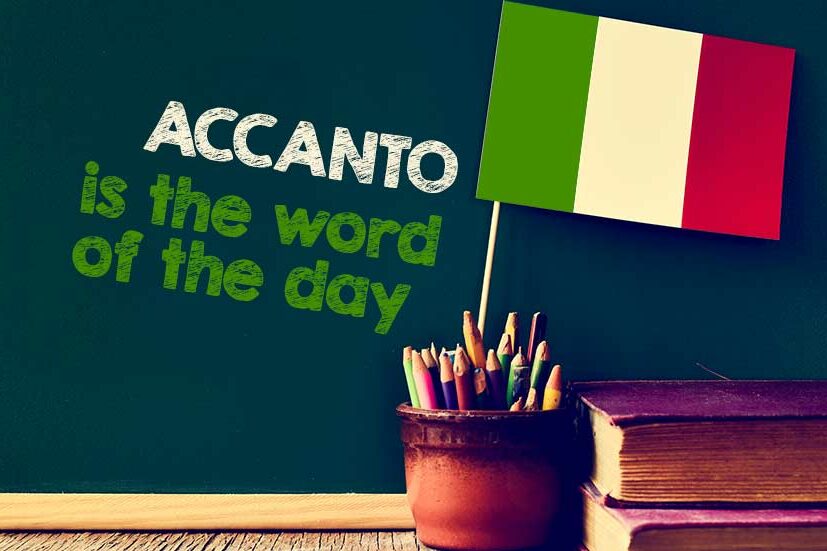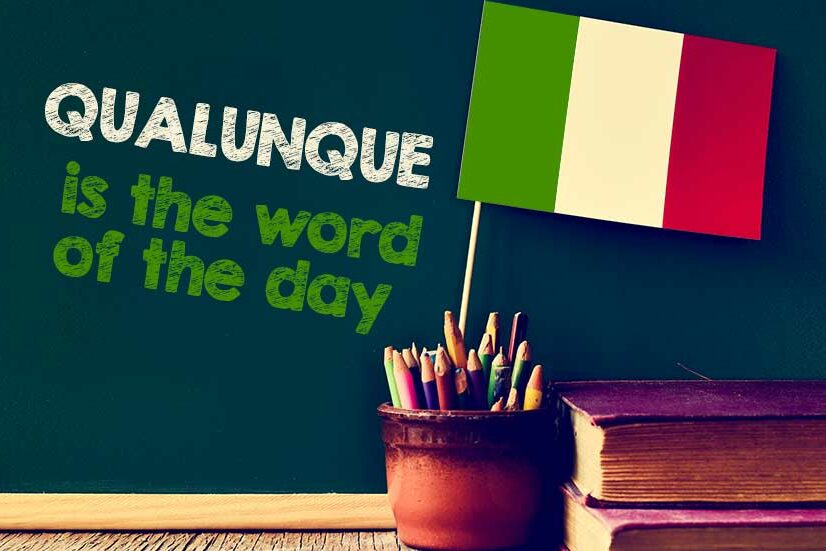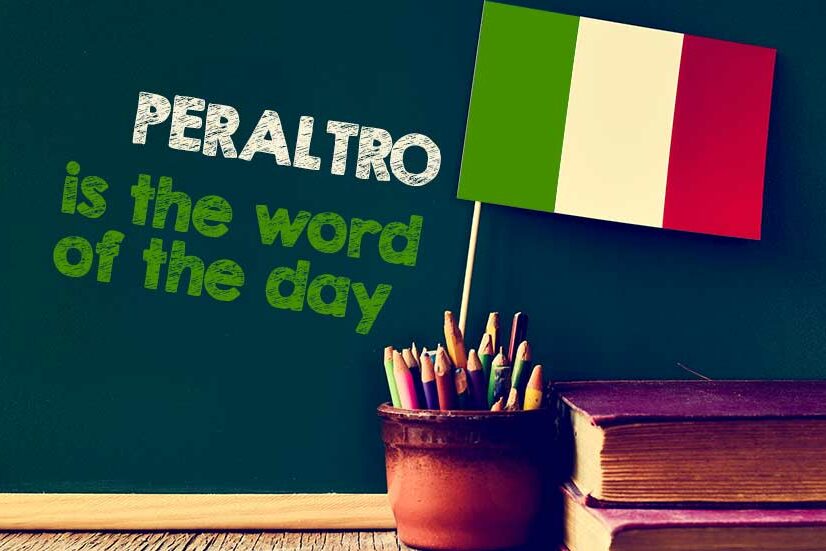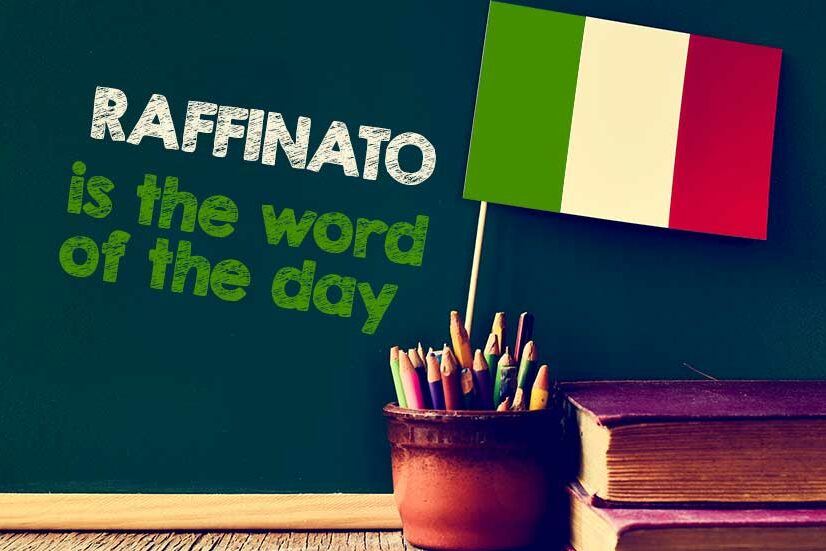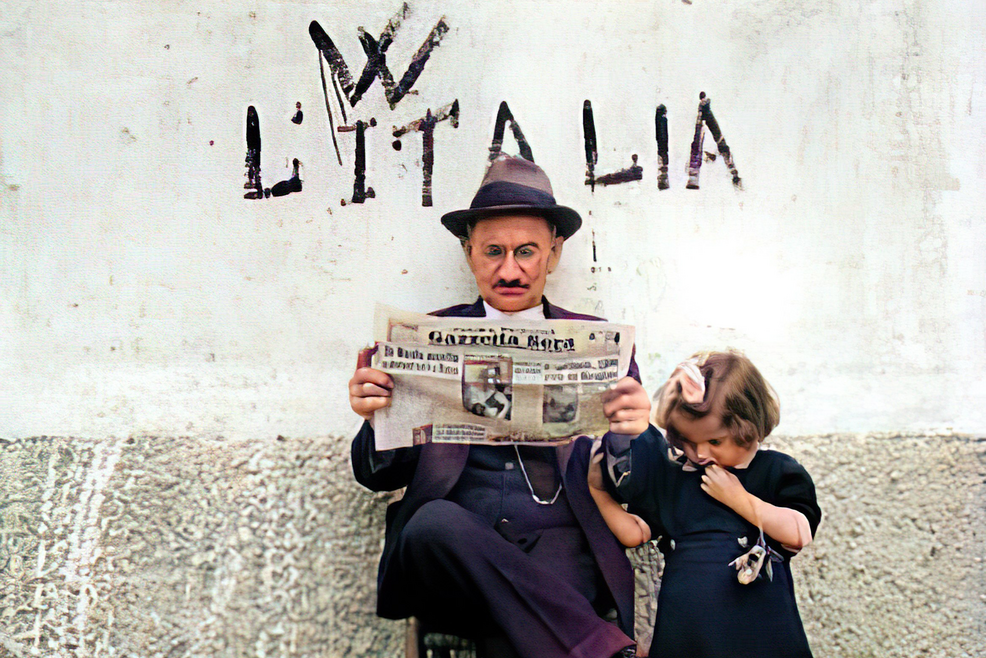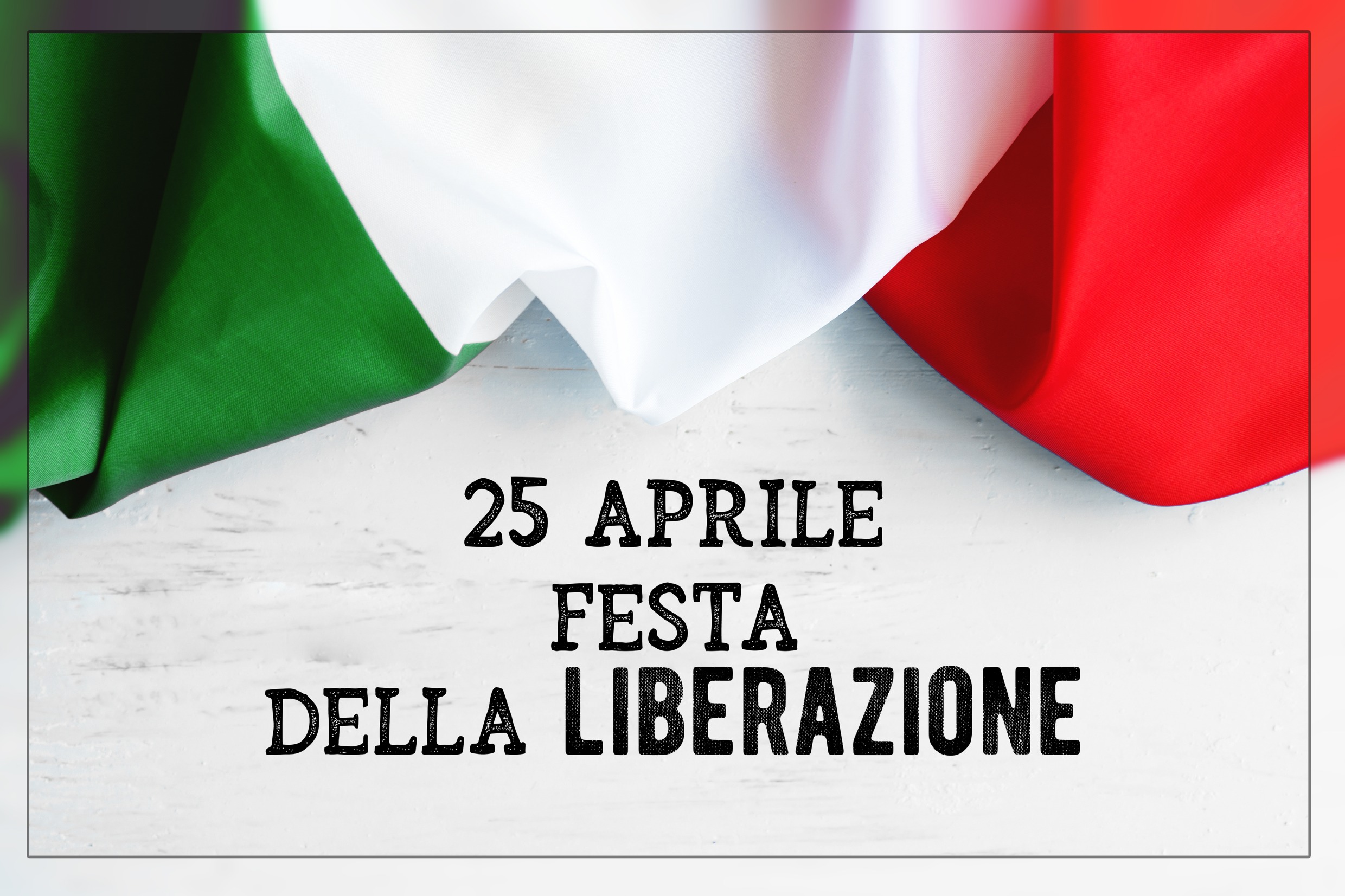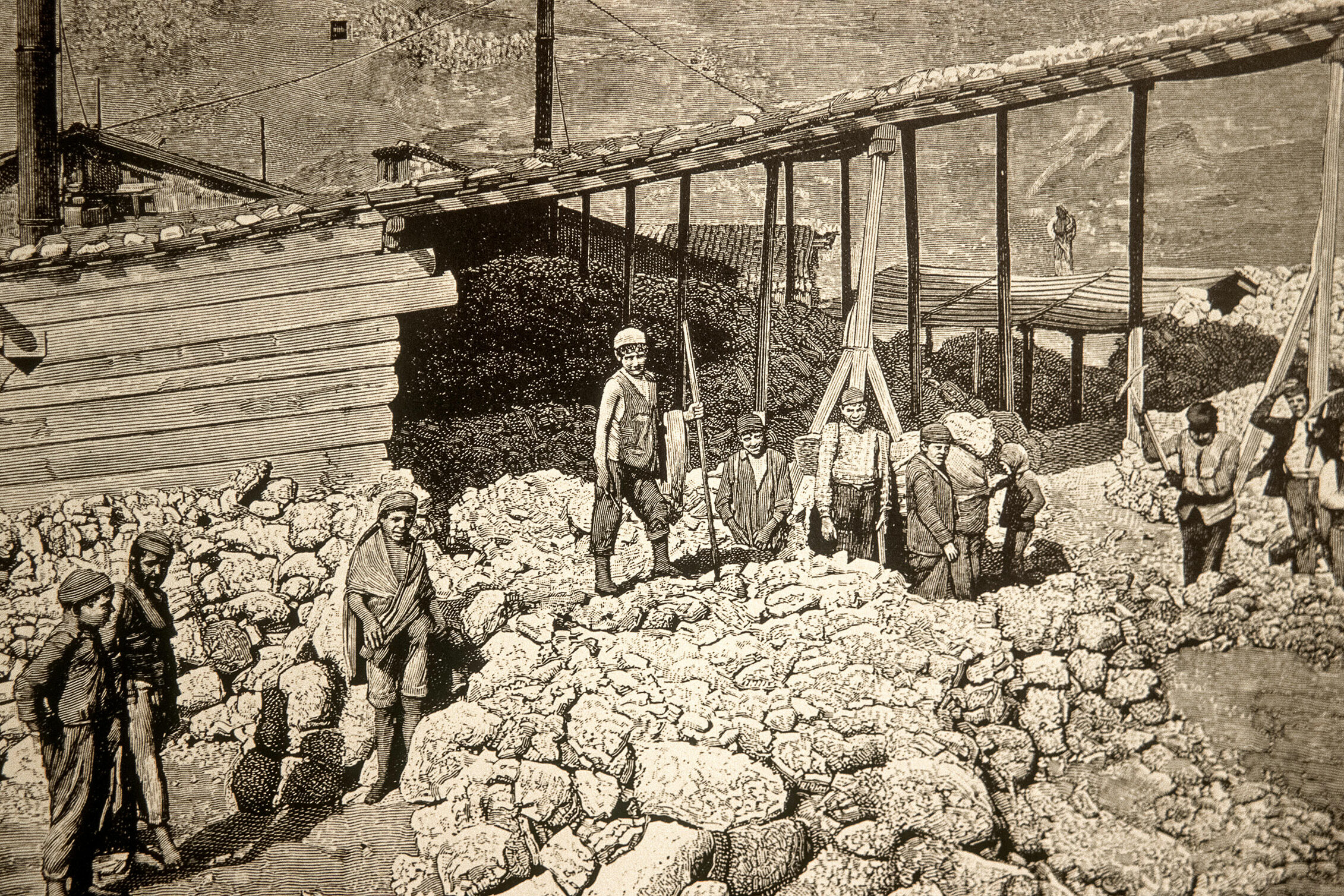The ”HollyShorts” film festival has come to its 9th edition, taking place from August 15 to 25 at the Chinese Theater in Hollywood. This renowned event, showcasing the best independent short movies from all over the world, features this year the original works of two Italian directors: “Disruption” by Giulio Poidomani and “Matilde” by Vito Palmieri.
These talented young artists share a long standing fascination for the movie industry. They see short films as a fast and impressive means of expression, but also as the first step towards the making of a full-length movie. Over the last few months, they have participated also in other major international festivals such as the Berlinale, the Toronto International Film Festival and the Kansas City Film Festival, successfully representing the bright and versatile nature of the Italian contemporary cinema.
At first glance, “Disruption” and “Matilde” immediately appear to be two poles apart. The first one is based on the painful story of a comic book designer and family man, Jay, who is affected by a “sudden neural disruption” – as the director himself defines it. Eventually, Jay gives in to his sorrow and commits a horrible massacre.
On the contrary, Matilde – the little deaf girl protagonist of the other, self-titled short film – couldn’t be more different. As director Vito Palmieri underlines: “She faces life with courage, relying only on herself to overcome the obstacles. By looking at her determination we learn that in most cases it doesn’t take much to help people with different perceptual abilities.”
Director Vito Palmieri and the little protagonist of his short movie, Matilde De Silva
Director Vito Palmieri and the little protagonist of his short movie, Matilde De Silva
Palmieri’s moral lesson reaches out to the audience loud and clear: “Matilde’s moving story is aimed at touching people’s heart and, at the same time, at conveying a strong message with extreme simplicity”. On the other hand, despite the choice of such a harsh and up-to-date subject, Giulio Poidomani firmly refuses any judgment: “The movie is neither a denounce nor a condemnation. My only intent was to show the man’s dark side, to tell his story. Jay is human, and sometimes life just drives a person mad.”
Two short films that may seem to be very different. However, if we take a closer look at them, they end up revealing some unexpected affinities. First of all, they share the difficult genesis that all independent productions have in common, especially nowadays in Italy.
Veronica Radaelli, one of the producers of “Disruption”, speaks about the struggle to find and manage available funds. But she also adds that: “When a project is really interesting and based on a brilliant idea people can see it, and all problems can be easily overcome”. Her words seem to reflect also Vito Palmieri’s own experience: “In the beginning, when the Bolognese AGFA (Association of Parents of Deaf Children) introduced it to me, I wasn’t sure that I could make this movie, as I had never dealt with a social topic before”, he admits. Nevertheless, as soon as he met Matilde and heard about the particular episode occurred in her class that inspired the film, Palmieri was persuaded to the point that he affirms he would gladly work on a similar subject again in the future.
Yet sometimes the story isn’t the only key strength of a film. Another crucial aspect is “the director’s personal way of developing it”, as pointed out by Isabella Roberto, producer of “Disruption”. And this is especially true with respect to short movies, as they are intended to captivate the public in a very limited amount of time.
In this case, both directors have focused on the shooting technique by using the camera, the lights and the music in their peculiar way in order to express their own point of view. Starting from the very title, “Matilde” is completely centered on the protagonist: “She appears in almost all of the scenes, every single shot is for her. This is her true story, and I meant to narrate it with simplicity but also a little bit of irony.”
As for “Disruption”, the use of intense and bright colors helps director Giulio Poidomani “to create a strong contrast with such a dark theme”, Isabella explains. In addition, she also underlines how the soundtrack of the movie “speaks to us and fills with meaning every moment of the film.”
Despite being apparently opposed in terms of content, both movies are based on the real life and things that happen around us every day, even if we are not able or refuse to see them. “Matilde” and “Disruption” show us the reality of social outcasts, whose difficult condition can lead them to isolation and deep discomfort.
Eventually, the shorts even become two sides of the same coin: when Matilde grabs the scissors and almost seems to be out to massacre her classmates Palmieri’s above-mentioned irony is soon unveiled, yet it creates an unexpected proximity to Jay’s final resolution. As much as we can understand, the two stories’ opposite ends ultimately depend on the capacity of the protagonists to find within themselves the strength to fight back, or the weakness to surrender.
Regardless from possible similarities and differences, these powerful short films testify the talent of Italian young filmmakers, still capable of touching the heart of the audience with fairy tales as well as horror stories.
The producers sincerely believe that “Disruption” would deserve to be among the winners of this year’s edition of the HollyShorts film festival, and the directors declare that they are proud of their works. But while Poidomani says he doesn’t think much about the award, Palmieri openly hopes for “Matilde” to prevail.
In our opinion both films have already won, since they have brought Italian cinema on the screens of Hollywood once again.












